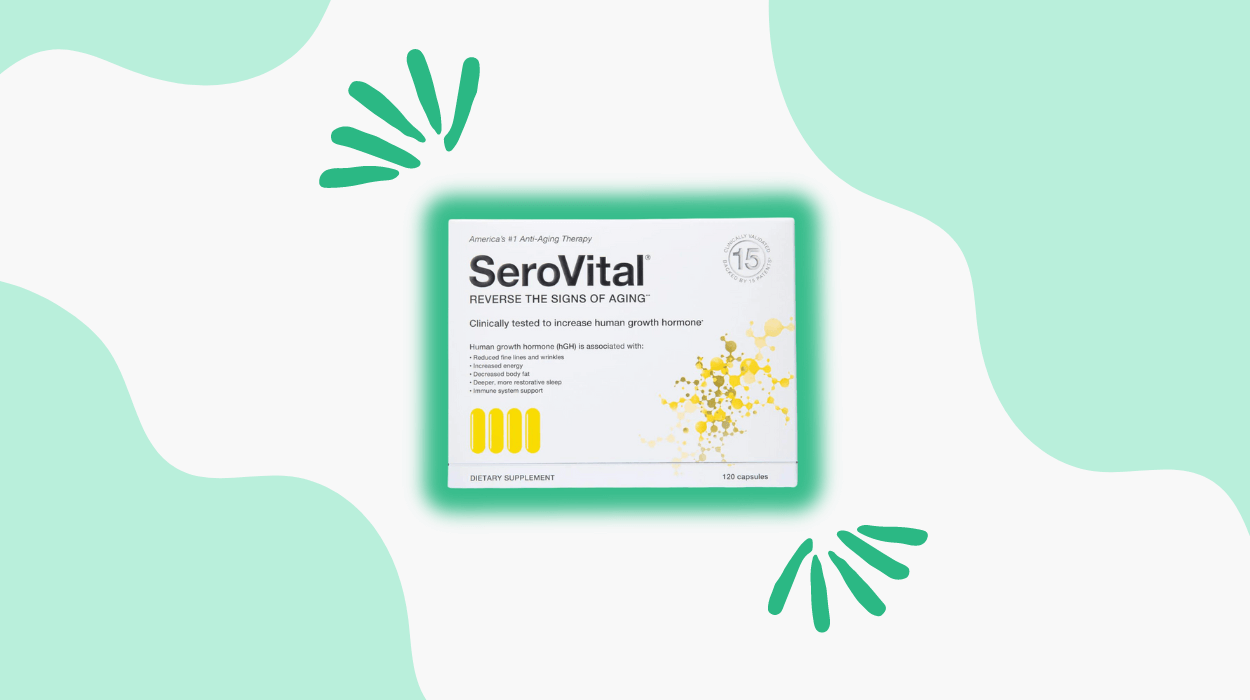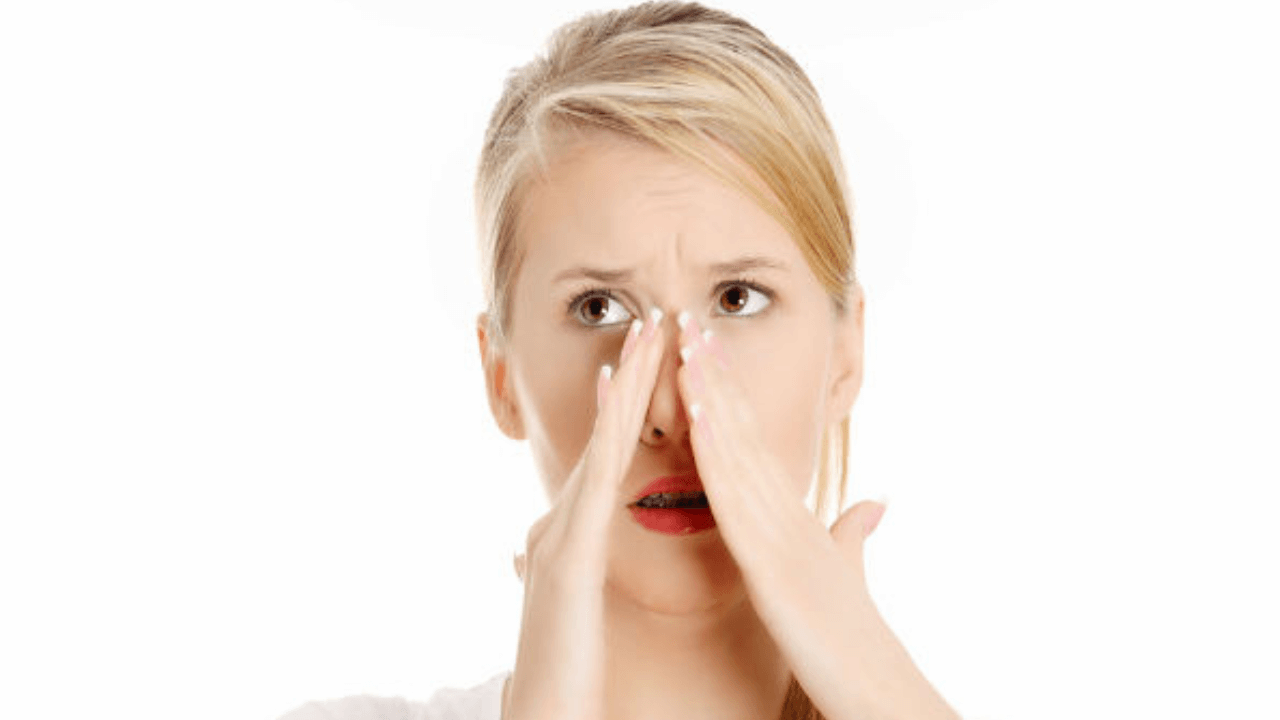

Tingling sensations on the tip of your nose could be due to various factors. It might seem like a minor problem, but may signal underlying health issues or an allergic reaction.
It is essential to understand what might cause this sensation. Diagnosing the main reason behind irritation in your nose may involve addressing the symptoms or following a medical procedure.
Cold, pollen, or dust allergy may sometimes cause sneezing or an itchy nose. Nose tingling could also be possible due to underlying medical issues requiring a doctor’s consultation.
This article discusses the possible causes of nose tingling and how to identify it. It also
highlights health conditions that might be related to a tingly nose.
Identifying the tingling sensation at the tip of your nose can be characterized by a sudden onset of burning and itching in that specific area. This sensation may occur for various reasons, such as neurological factors, circulatory issues, environmental triggers, allergic reactions, or stress and anxiety.
| Symptoms | Related Areas |
|---|---|
| Burning and itching | Tip of the nose |
| Buzzing | Ears and lips |
| Swelling | Sinus region |
| Numbness | Lips |
| Tingling in hands, feet | Extremities |

Neurological disorders can be a potential cause of nose tingling, as they can affect the function of the nerves in the nasal area. Neuropathy and Fibromyalgia are two specific neurological disorders that may result in nose tingling.
Autoimmune diseases may lead to inflammation and nerve damage. Some autoimmune disorders that could cause nose tingling include Multiple Sclerosis (MS), Lupus, and Rheumatoid Arthritis (RA).
Multiple Sclerosis could cause Neuropathy, resulting in tingling sensations in different body parts, such as the nose.
Lupus patients may also experience nose rash or tingling. Similarly, while RA primarily affects the joints, it could also lead to neuropathic symptoms such as tingling.
The following table summarizes the autoimmune disorders known to be associated with nose tingling:
| Autoimmune Disorder | Description |
|---|---|
| Multiple Sclerosis | Can cause neuropathy, resulting in tingling sensations in various parts of the body |
| Lupus | Nose tingling can be a part of the neurological symptoms experienced by patients |
| Rheumatoid Arthritis | May lead to neuropathic symptoms, including nose tingling |
Adequate blood flow is essential for nerve health. Any disruptions could lead to tingling in various body parts, including the nose.
Constriction or blockage in blood vessels may manifest as tingling due to a temporary lack of oxygen. Exposure to cold air, for instance, can narrow blood vessels, often resulting in a tingling sensation.
One common environmental trigger for nose tingling is exposure to extreme temperatures. Cold air could constrict blood vessels in the nose, resulting in tingling sensations. The body attempts to conserve heat by narrowing the blood vessels, negatively affecting the blood flow to the nose.
Exposure to hot temperatures could also cause tingling by dilating the blood vessels and affecting blood flow.
Injury to the nose might also be an environmental trigger for nose tingling. Trauma to the nose, such as a blow or impact, could temporarily disrupt the nerves in the area, leading to tingling sensations.
The tingling may subside as the nerves heal. However, it is still important to seek medical attention if you experience nose tingling after an injury to rule out any severe damage.
The trigeminal nerve transmits sensory data from the face to the brain. It is well-established as a source of tingling in the face, ranging from mild to significant numbness.
When this nerve is irritated, compressed, inflamed, or infected, it might lead to tingling sensations in the nose. Inflammation or infection in the trigeminal nerve may also directly impact nerve function, leading to tingling sensations.
Allergic reactions could cause tingling in the nose due to the body’s immune response to an allergen. When an allergen enters the body, the immune system releases histamine, leading to tingling sensations. The congestion that accompanies allergic reactions could also put pressure on the nerves in the nose, resulting in tingling.
Depending on the cause of the tingling, your healthcare provider may recommend antiviral drugs for viral infections for symptom relief.
Simple home remedies could relieve mild cases of nose tingling. Gentle massage of the affected area could increase blood flow and reduce tingling sensations.
Implementing appropriate medication strategies and maintaining good nasal hygiene may also prevent and manage nose tingling.
It is essential to consult a doctor if the nose tingling persists or other concerning symptoms accompany it. A doctor may provide appropriate further evaluation treatment.
When the tingling is caused by infections, such as the herpes simplex virus, antiviral medication may be required. Ibuprofen could help reduce inflammation and alleviate symptoms of infections.
Physical therapy might be helpful when the tingling is caused by nerve compression or damage. It may help strengthen the affected muscles and improve mobility, ultimately reducing tingling sensations.
It is important to note that the choice of medication and therapy will depend on the underlying cause of the nose tingling.
A humidifier could add moisture to the air, preventing dryness and irritation in the nasal passages. Adding moisture to your environment might reduce the frequency of nose tingling.
Massaging the nose with gentle circular motions using the fingertips may also increase blood flow and reduce tingling sensations near the nose.
Staying away from known allergens, such as pollen or certain foods, could help prevent nose tingling.
However, these strategies may only be effective for some people. It is always advisable to consult a doctor for proper diagnosis and treatment.
The initial diagnosis of nose tingling typically involves a comprehensive assessment conducted by a healthcare provider.
During this assessment, the healthcare provider could gather information about your symptoms, medical history, and potential triggering factors of nose tingling.
They will also evaluate the severity and frequency of the tingling sensation. The evaluation may involve assessing neurological factors, circulatory issues, and environmental triggers.
Advanced testing may include imaging procedures such as an MRI, CT scan (Computed Tomography), and Magnetic Resonance Imaging.
These tests aim to obtain detailed images of the nasal structure and nervous system to rule out any physical obstructions, abnormalities, or underlying neurological conditions.
Here is a table summarizing the key features of these imaging techniques:
| Imaging Technique | Purpose | Advantages | Considerations |
|---|---|---|---|
| MRI | Observing detailed images of soft tissues and the nervous system | It does not use radiation and provides excellent soft tissue contrast | It may not be suitable for people with specific medical devices or claustrophobia |
| CT Scan | Offering a more detailed view of the nasal structure | Faster and more readily available than MRI, it provides clear images of bones and blood vessels | It involves exposure to radiation, which is less optimal for soft tissue visualization |
A tingling sensation near the nose could be an intriguing symptom that may catch you off guard. It is a relatively common occurrence, and understanding what might be causing it is essential.
Cold or allergies may induce itching or a tingly sensation at the tip of your nose. Underlying health conditions like neurological and autoimmune disorders might also cause it.
In extreme cases, the tingling may cause nerve damage or other autoimmune disorders. It is essential to get diagnosed accordingly in such conditions.
Home remedies like massaging the nose and using a humidifier may help eliminate nose itching initially. However, it is advised to see the doctor if the symptoms persist.
Tyler Read earned an undergraduate academic degree from Sonoma State University, California and is a certified personal trainer (CPT) with NASM (National Academy of Sports Medicine). With over 16 years of experience, Tyler has trained clients both online and in-person.
He is passionate about helping others turn their love for fitness into a career. Tyler has worked with many local and commercial gyms before establishing his successful private personal training business, which he continues to operate.
